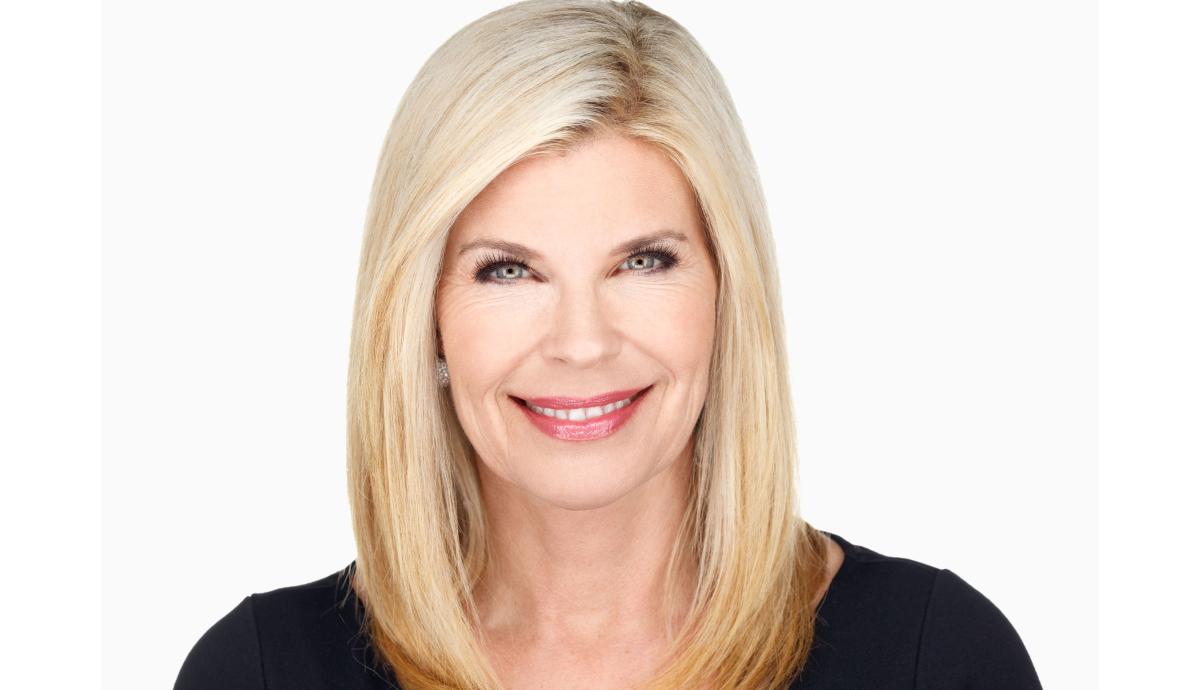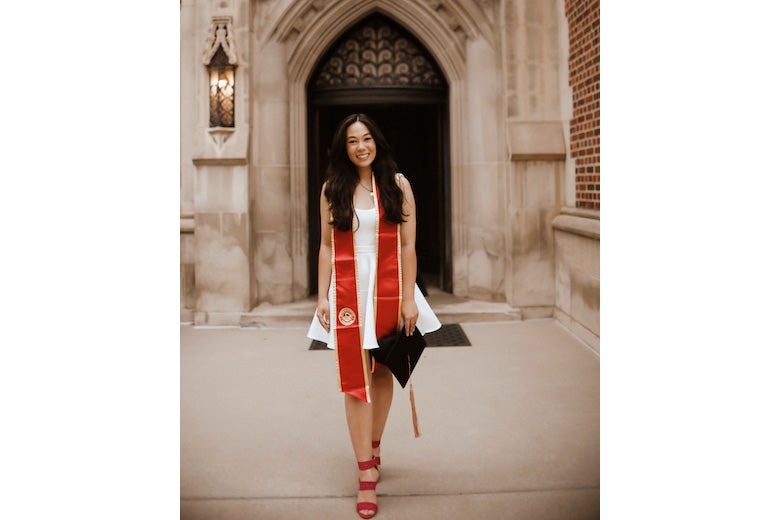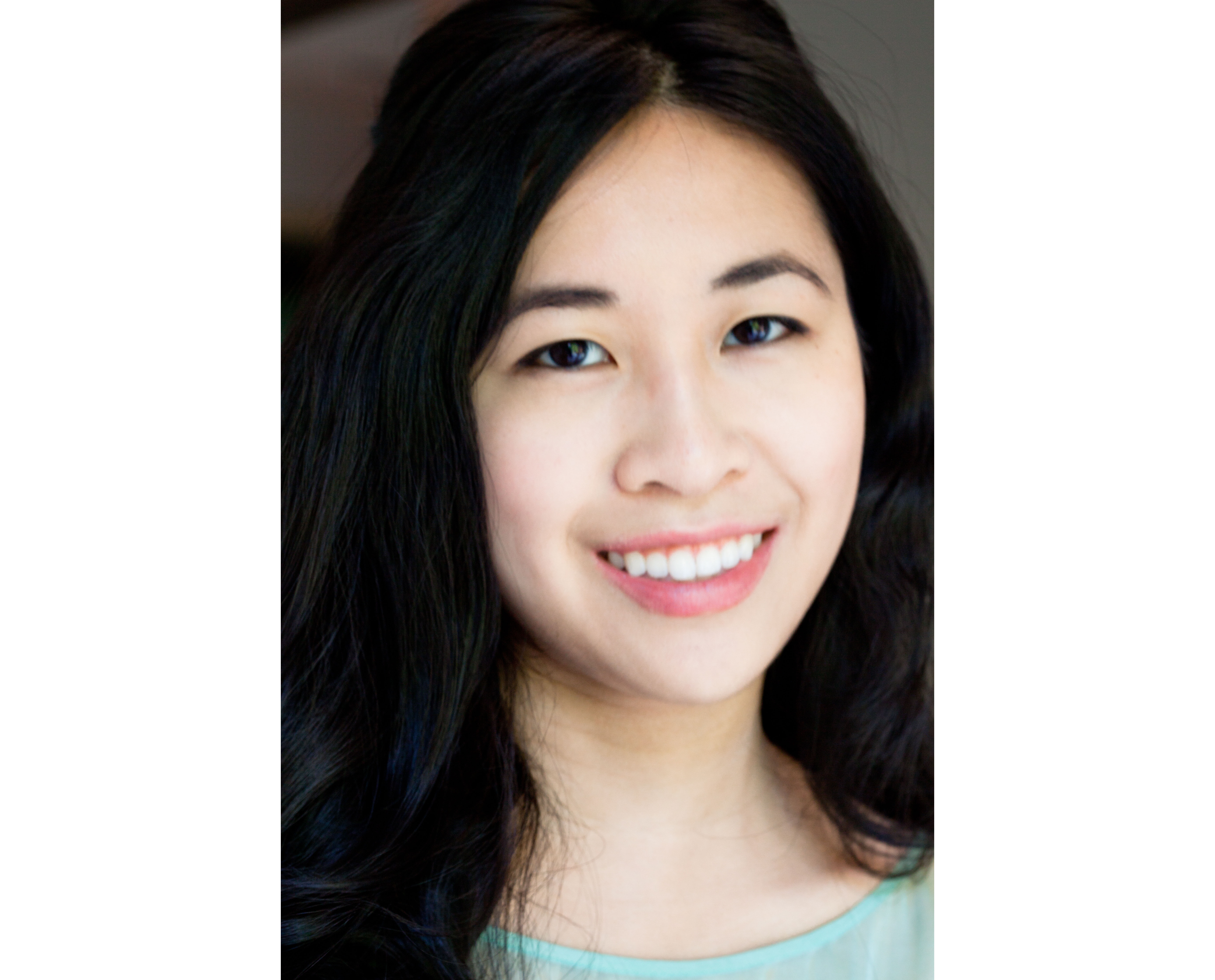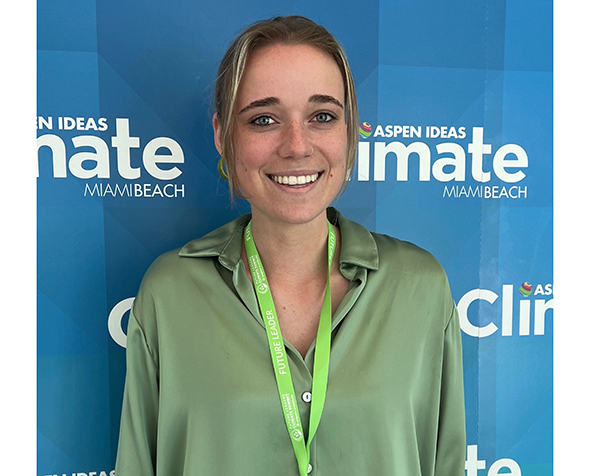For Carrie Morgridge, It’s the Little Things That Matter

Businesswoman and author Carrie Morgridge has been mastering the art of giving for a long time.
And one thing she’s learned from her years spent as a philanthropist is that even the smallest gifts can make a difference. That message is something Morgridge hopes to impart upon University of Denver students at the University’s 2023 graduate commencement ceremony.
There are many ways for people to begin their philanthropic journeys, says Morgridge. But her unique story started as a small-town girl growing up in California, where she moved out of her parents’ house her senior year of high school to begin fully supporting herself financially.
“By the time I was 24, I had already been on my own for six years, supporting myself, working my way up in the financial district. I was in real estate,” Morgridge says. “And then I met my husband, John Morgridge. Once I met John and found true love and real love, I never looked backwards.”
Carrie Morgridge’s giving journey truly began when the Morgridge family moved to Aspen, Colorado, where she joined the Aspen Valley Community Foundation “and learned side by side with John on how to give away money.”
Their children began preschool in Aspen, and the Morgridges wanted to give back to the school in a way that the teachers would appreciate—so they asked the teachers what they needed.
“All the books in the library were quite sticky—as they should be, it’s pre-K. Books should be sticky!” Morgridge remembers. “So, we bought a whole new library. That ripple effect and the kindness and the consideration that the teachers showed John and I over the years that we were in Aspen—not just when the check was written, but just on and on—going into a decade later, really lasted, and that stuck with us.”
Then, the Morgridges’ daughter needed glasses.
“I started asking, ‘What if Michelle needed reading glasses, and I wasn't an affluent parent who could afford it? What was happening to the children down the street in Basalt, whose mommy couldn't get them to the reading specialist, who couldn't get to the eye doctor, who couldn't afford glasses—what was going to happen to their education and their trajectory?’ And so, for that next decade, we got involved with eyeglasses support for all the schools in the Roaring Fork Valley.”
That curiosity, Morgridge believes, is what makes for the best philanthropy.
“Start asking questions,” she says. “Philanthropy is about being curious. And great philanthropy, in my opinion, is about asking the right questions. And if you don't ask the right questions, continue to ask questions until you get it.”
The Morgridges’ foray into educational giving grew from there. They founded the Morgridge Family Foundation in 2008, and through a friend the couple met in Aspen, Carrie was able to garner a spot on the University of Denver’s board.
“One of the things that we say at the foundation is ‘You always walk through that open door,’” she says. “I had that huge open door for me on the board at DU. And I walked right through it, and I'm just so happy that I did. If I didn't take that opportunity, if I didn't seize that opportunity at that moment in time, maybe my life would be different, too.”
The Morgridges eventually became the benefactors of DU’s Morgridge College of Education thanks in part to the family’s passion for education.
“What gets left behind so often in a university institution is that the business school or the law school has plenty of graduates and alums that can come back 20 years later and help with buildings and endowments and so on,” Morgridge says. “But at the College of [Education] level, it's rare when an educator is making seven figures or eight figures.”
Morgridge says the gift was truly a reflection of her and her husband’s outlook on the world.
“A heavily educated community is also the most thoughtful, the most productive, the most self-fulfilling, the most rewarding,” she says. “And our philosophy at [the Morgridge Foundation], from day one, is helping people achieve their highest human potential. And that's our mantra, it's to our core. And not only do we believe, but we know for a fact that educating anyone who wants to be educated is the best way to help them reach their highest and fullest potential.”
She says she hopes that students will begin their philanthropic journeys soon after they graduate—even if that means giving just small amounts while taking the time to decide on what charities they’d like to support.
“And then, if you have enough time and patience, it happens,” Morgridge says. “And that's where the magic is in philanthropy is—when it happens, it happens good, and it happens big.”










